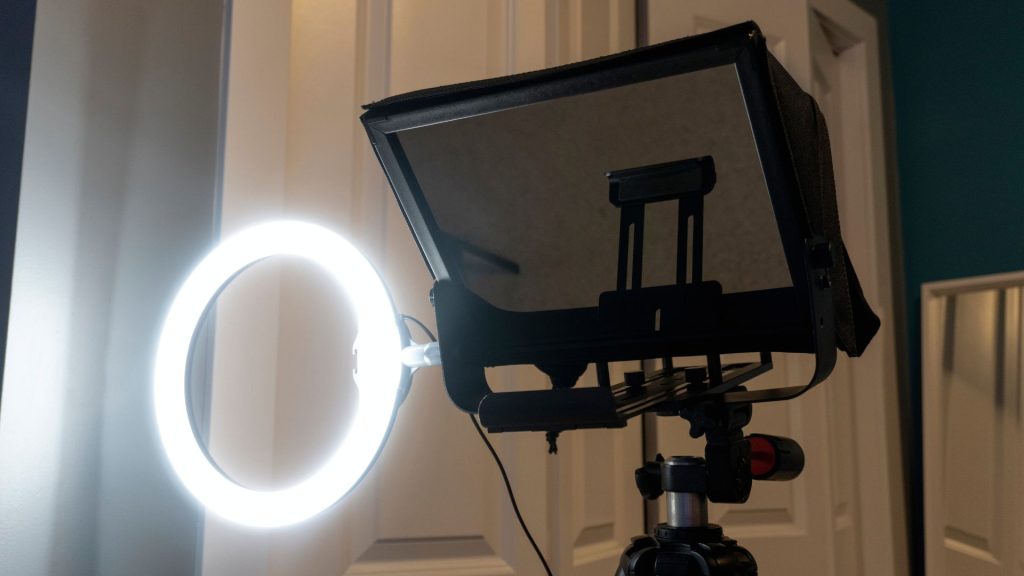Thinking about signing a lease for a new apartment? Congratulations on taking the time to learn more about the process and consider the hidden costs of renting before any surprise fees hit you. It all begins at the leasing office when you apply to become a tenant and continues through moving expenses, rent payments, potential increases, insurance for various items, and other unexpected costs.
Renting can be a great option for some, but it’s not for everyone. However, in today’s real estate market, it may be the only option available. The benefits of renting a home or apartment include things like flexibility, less maintenance, and lower upfront expenses. While these perks sound appealing, renting a home has its downsides, and many new renters don’t realize that it comes with hidden costs.
How Do Application and Leasing Fees Work?
In order to secure an apartment or home as a tenant, you will need to submit an application. One of the most commonly seen non-refundable fees is an application fee. Paying the application fee does not mean that you are automatically granted a new place to live.
If your application is approved, your signature on the lease finalizes the agreement. To get the keys in your hand to your new place, you’ll need to pay a leasing fee. Things like a tenant screening, credit report, and background check are included in this fee. Typically, the fees can range from $25–$75, but can be higher in competitive markets and vary from location, property type and management companies.
Security Deposits

A security deposit for an apartment is a sum of money that a tenant pays to the landlord or property management company before moving in. Its main purpose is to protect the landlord in case there is any cosmetic or structural damage to the property. Usually, the deposit is about one month’s rent, though it can vary. Some lenders may ask for 3 months rent in advance.
When the lease ends, the landlord will inspect the apartment for any damages. If everything looks good, the tenant will get the deposit back. If there are damages, the landlord can use the deposit to cover the repair costs.
Move-In Fees
Other hidden costs of renting include move-in fees that the landlord or property management company may impose. These fees are nonrefundable and typically cover the administrative and physical cost of preparing the property for a new tenant, usually ranging between $200 to $400 depending on the building. Before a tenant moves in, the landlord or property manager is expected to have the apartment or home clean and ready for a new inhabitant.
Pet Fees
Another fee to think about is pet fees if you own a furry friend like a cat or dog. Tenants should read and agree to the pet policy before signing the lease to avoid any additional fees added to the monthly rent amount without being financially prepared. Pet owners have responsibilities when they become tenants, like keeping pets under control, cleaning up after themselves, and following local ordinances. Some apartment complexes have rules about leashing animals outside of the owner’s residence as well.
A typical pet fee for an apartment is between $100 and $500 per pet, but can vary depending on the pet and the property. Pet fees are non-refundable and are used to cover the costs of allowing pets on the property.
Utilities and Other Expenses
While some landlords include the cost of utilities in the monthly rent payment, others let you handle the electric, water, heating, and internet bill on your own. The size of the apartment and usage plays a big role in the amount of money you’ll spend on utilities per month. For some apartment complexes, the cost of water and trash are included in the monthly rent.
Rent Increases
Rent payments are due every month, and you will often incur late fees if you don’t pay your rent on time. Usually, payments on rent are made through online payment systems, checks, or money orders, depending on the landlord’s preference.
This amount is agreed upon at the beginning of the lease and often guaranteed for a period of time in your lease agreement, but the specific laws surrounding rent increases tend to vary by state.
When the lease ends, the landlord may raise the rent if they choose to renew the lease. The amount of the increase depends on local rent control laws, market conditions, and the landlord’s policies. In places without rent control, the landlord can increase the rent as much as they like when the lease expires, although they are usually required to give you a timely notice of 30 days or more. If a rent hike catches you off guard, some tenants may find themselves turning to emergency loans for bad credit just to stay on top of things, though it’s wise to explore other options and budget adjustments first. It’s important to read your lease agreement carefully to understand how rent increases may be handled, and if you’re concerned about potential increases, you might want to negotiate your terms before signing the lease.
Renters Insurance
Some property management companies require tenants to have a renters insurance policy when applying for a new lease. Landlords may require tenants to have this kind of insurance to protect themselves from potential risks like theft, vandalism, fire, water damage, and other personal or weather incidents. An average payment for a renter’s insurance policy is about $20.00 a month, but it can add up quickly in addition to the tenant’s monthly payment.
Breaking a Lease Agreement

While you may not intend to break a lease, things can change during your lease. You may break up with your partner, get a job in a different city, or just really hate living with your roommate.
Tenants can break a lease, but there are financial setbacks typically involved with this process depending on your lease agreement signed at the beginning of the renting period, including:
- Early termination fee: An early termination fee typically equals 2–4 months’ rent.
- Apartment lease buyout: You may be responsible for paying all the rent due for the remainder of the lease terms — also known as buying out your lease. This would mean that you could buy your monthly lease amount and pay for the remainder of the lease period.
- Losing your security deposit: Landlords who want to discourage breaking leases early may keep your security deposit. This type of penalty should be outlined in a specific clause in your original lease agreement.
In some states, tenants in the armed forces or National Guard can break a lease without penalty if they are called to military service. This may require military identification, a letter from a recruiter, or a ranking officer sending more information to the leasing agency.
Regardless of where you live, who you rent from is an important decision. Always make sure to do your due diligence and research different property management companies or landlords online before you sign an agreement. Try to see what other tenants are saying about them on Reddit or Facebook before you jump into a new lease! While renting offers many benefits, it’s crucial to be aware of the hidden fees that can add up quickly. Do your research, read the fine print, and ensure you’re fully prepared before signing a lease!




















